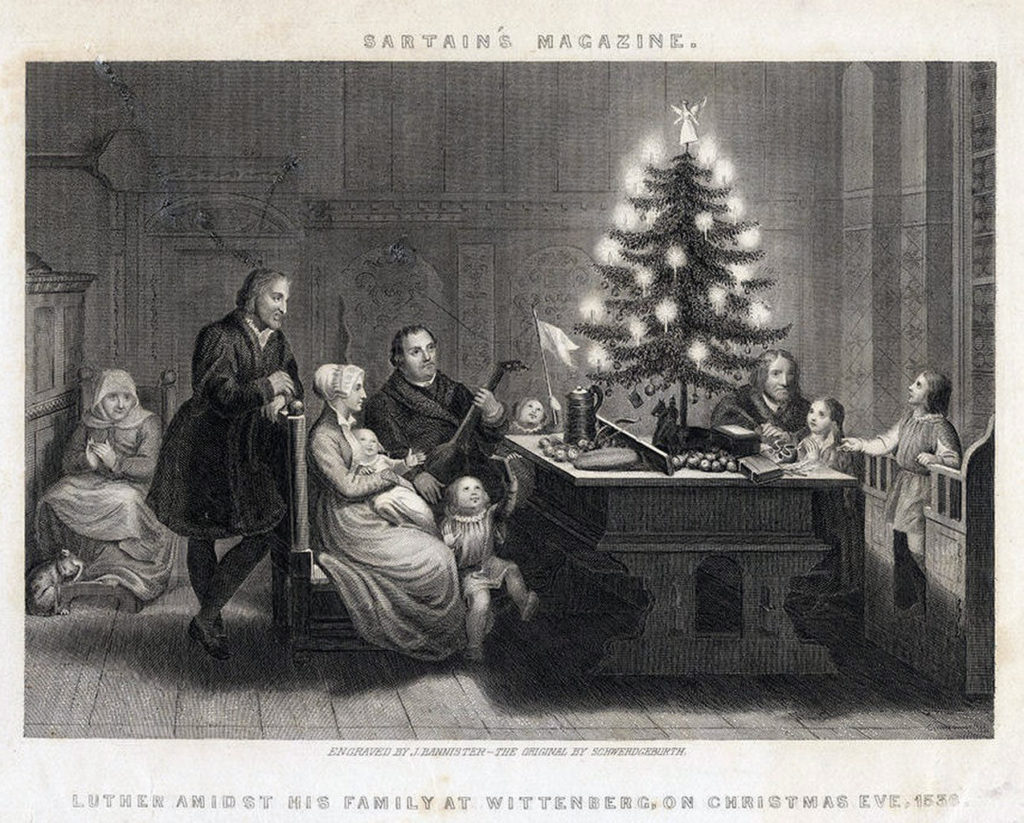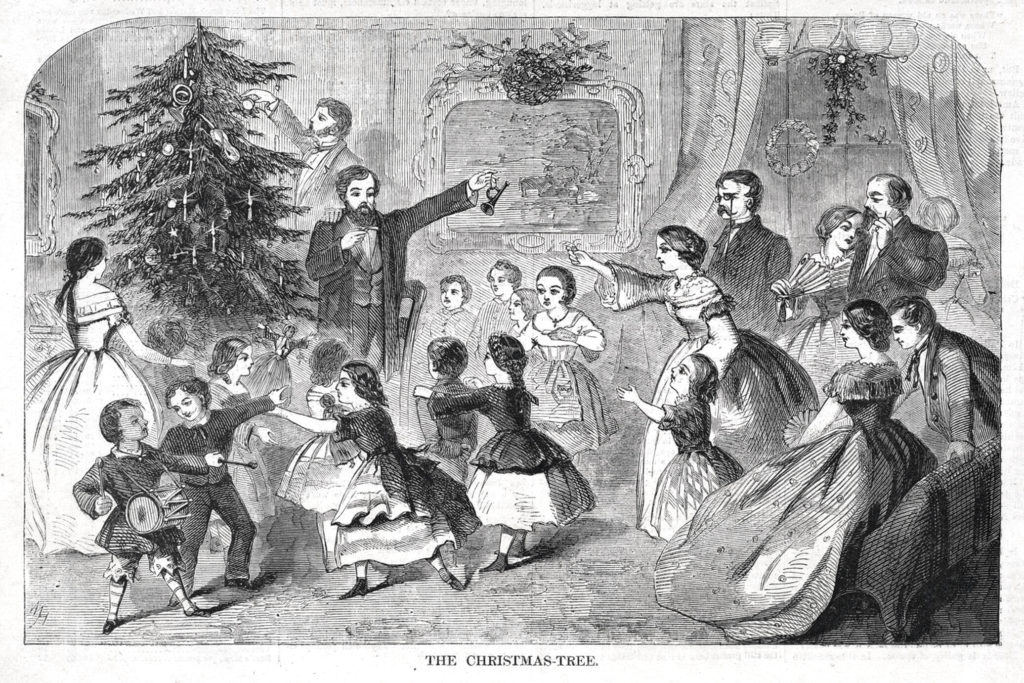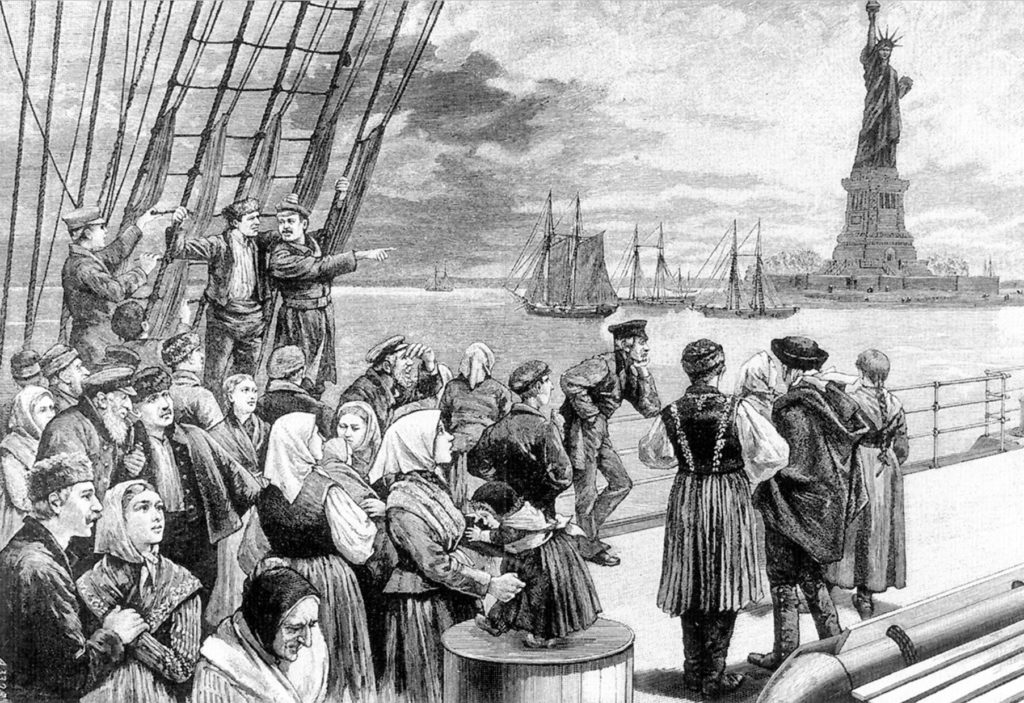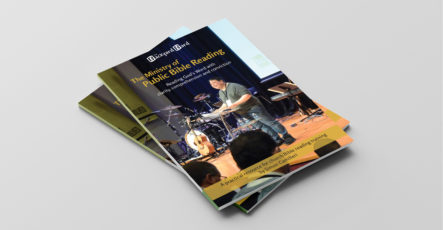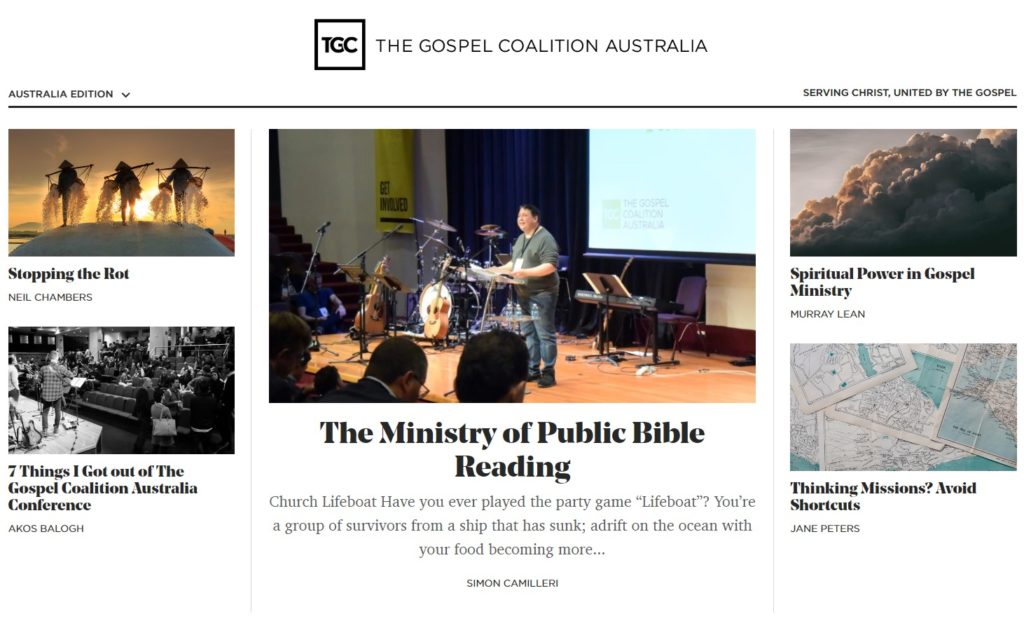Do Not Be Afraid at Christmas
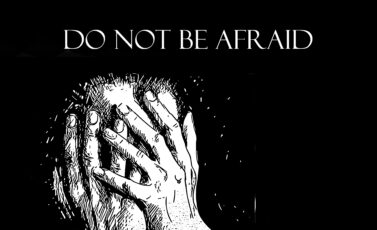
In the Christmas story in Luke’s gospel, the angel appears to three characters – Zachariah, Mary and the shepherd – and on each occasion, he starts by saying “Do not be afraid” (See Luke 1:13, 30 & 2:10).
Why did he say this?
Well, despite what you might have heard, it has nothing to do with the angel looking scary or even frightening their visitors with their appearance.

One of the more cringeworthy parts of the new musical film “Journey to Bethlehem” was when the angel Gabriel appears to Mary as bumbling and nervous and has to yell her name to wake her because she is a heavy sleeper. She startles awake and the angel apologizes saying “Do not be afraid. I’m sorry I frightened you” Watch it HERE if you dare. This misses the meaning of these great words completely.
The Fear of the Lord
The idea that a messenger of God appearing would be a fear-inspiring experience is throughout the Bible.
The principle is established explicitly back in Exodus 33:18-23 where Moses asks God to show him his glory, and God allows him to experience his presence but God states “you cannot see my face, for no one may see me and live.”
The idea is that God is holy and we are sinful and to see God exposes that reality and we are exposed to God’s judgment.
Consider these two episodes in Judges:
“When Gideon realized that it was the angel of the Lord, he exclaimed, ‘Alas, Sovereign Lord! I have seen the angel of the Lord face to face!’ But the Lord said to him, ‘Peace! Do not be afraid. You are not going to die.’” (Judges 6:22-23)
“When the angel of the Lord did not show himself again to Manoah and his wife, Manoah realized that it was the angel of the Lord. ‘We are doomed to die!” he said to his wife. “We have seen God!'” (Judges 13:21-22)
Then you have Isaiah’s amazing vision in Isaiah 6 where he sees God in his throne room and all the angels are crying “Holy holy holy”. Isaiah’s instinctual response was:
“‘Woe to me!” I cried. “I am ruined! For I am a man of unclean lips, and I live among a people of unclean lips, and my eyes have seen the King, the Lord Almighty.'” (Isaiah 6:5)
This is similar to Peter’s response when he meets Jesus and realises that he is from God. He falls to his knees and says “Go away from me, Lord; I am a sinful man!” (Luke 5:8) and what is Jesus’ response to him? Jesus starts by saying, “Don’t be afraid.” (Luke 5:10).
The Fear of Bad News
The reason why a messenger of God inspires fear from humans is not because the messengers are scary to look at. It’s because for a sinner to be exposed to the light of God’s holiness is a terrifying thing. We think from TV shows like “Touched By An Angel” that coming into God’s presence would be all warm and fuzzy. It is not. As the writer of Hebrews puts it: “It is a dreadful thing to fall into the hands of the living God.” (Hebrews 10:31)
This is why the angels say “Do not be afraid”, and also why Jesus said it to Peter. It’s not because there is nothing to fear. It’s because, for these encounters with God, the presence of God is not bringing about judgment, but rather mercy.
That’s why the angel comforts Mary by saying: “Do not be afraid, Mary; you have found favor with God.” (Luke 1:30) He is saying, you have found favor rather than judgment.
That’s why the angel declares to the shepherds: “Do not be afraid. I bring you good news that will cause great joy for all the people.” (Luke 2:10) He is saying, I bring you good news rather than bad news.
The presence of God does not naturally bring us peace and joy and comfort. Apart from the good news of mercy, it brings us fear. If it doesn’t for you, then you either don’t know the depth of your sin or the holiness of God. Or more likely, you haven’t ever been faced with the presence of God. Peter was fine being around Jesus until he realised who he really was. If you have no fear now, that doesn’t mean you won’t when you come before him face to face.
In fact, as many people approach death, they start to feel that fear of their own sinfulness before a holy God and their need to prepare. As I sat by my father’s hospital bed over the last few months of his battle with cancer, we had several precious conversations on this very topic and I was able to share with him the hope that Jesus offers to those who fear death (Hebrews 2:14-15).
The reality is that fearing God is not only natural, it is the beginning of wisdom. The message of Christmas is not that our fear is misguided or foolish. It’s that God has come in Christ “to bring you good news that will cause great joy for all the people” (Luke 2:10).
Therefore, despite our sinfulness, despite God’s holiness, and despite the judgment that we rightly deserve…
in the gospel of Jesus we can hear those precious words of comfort…
“Do not be afraid!”
(401)





